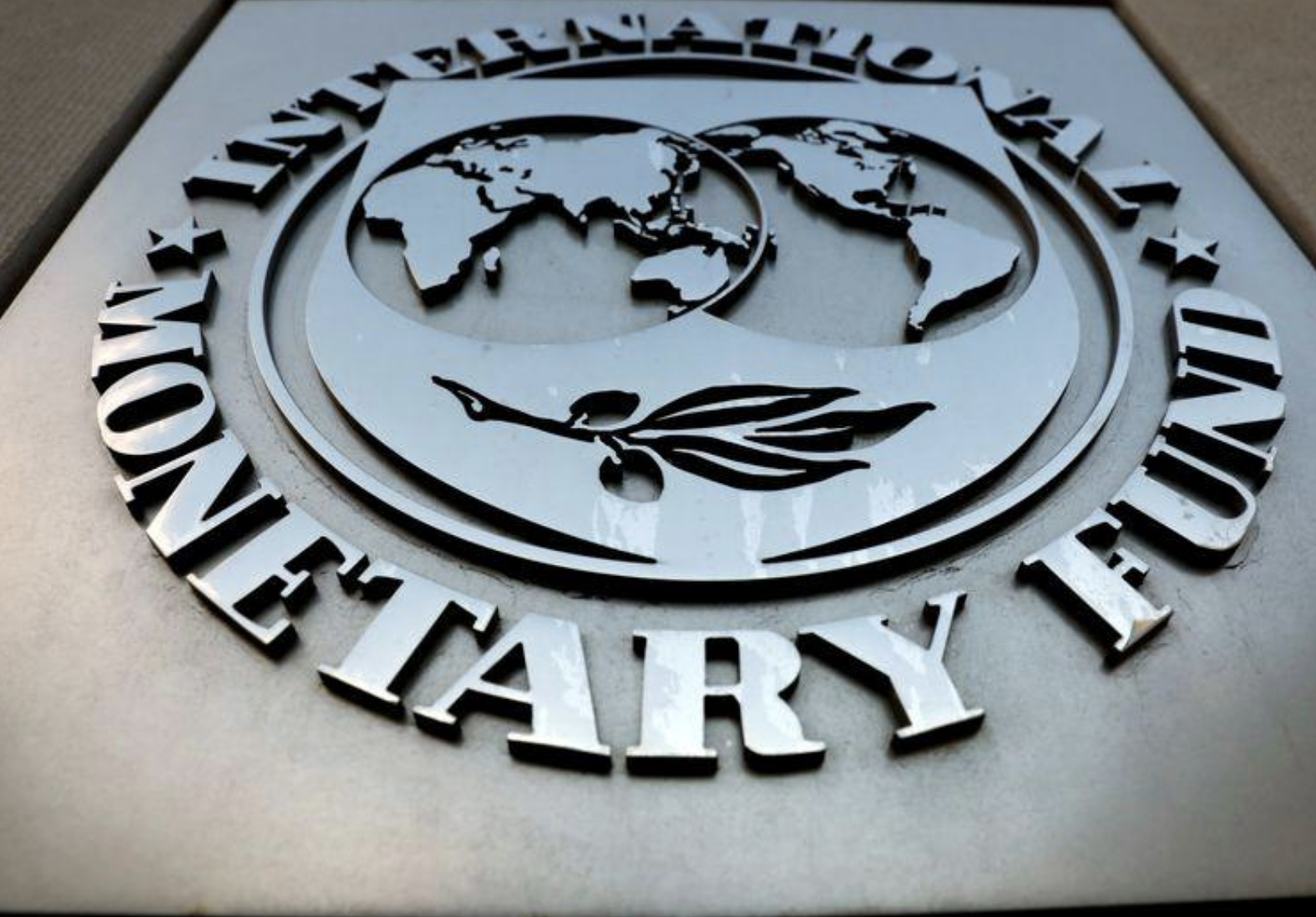
Rights groups urge IMF to address corruption in COVID-19 emergency funding

A group of civil society organisations from across the world called on the International Monetary Fund to include anti-corruption measures in all its COVID-19 related emergency funding.
The 99 organisations added that the IMF must take tangible actions to help protect and empower civil society groups to monitor these funds. Among the organisations to sign the letter are Human Rights Watch, Oxfam, Freedom House, and Africa Network for Environment and Economic Justice (ANEEJ).
The IMF has approved nearly $18 billion in emergency financing to more than 65 countries and is considering requests from several others to help governments whose economies are suffering from the effects of the COVID-19 pandemic.
Of the total amount so far, more than half of the emergency financing has been approved for 24 African countries to help governments. Nigeria, Ghana and Kenya are among the biggest recipients of the funding.
Citizens across Africa greeted the news of the approval of millions of dollars in emergency funding to their countries with derision and skepticism as they have very little faith that the funds will be used for their intended purposes.
Corruption hinders Africa’s economic and social growth, keeping millions of people in poverty and frightening off investors. Though it is not a unique phenomenon to the continent, it is admittedly a huge problem.
The organizations said that while there was urgency to provide funding to assist governments in their response, there was a greater need to ensure that the funds were channeled to their desired functions and were not misused.
“As organizations that closely monitor corruption and its impacts, we also know that transparency and accountability are key to making sure the money the IMF is disbursing actually goes to protecting lives and livelihoods,” the letter said in part.
The organizations also raised concerns that most IMF loan agreements include few or no government commitments to reduce the risk of corruption and instead appeared to rely on the good faith of governments and vigilance of independent monitoring groups.
While citing Gabon as an example of a nation that committed to addressing transparency and anti-corruption measures, the organizations urged the IMF to apply robust measures consistently to all emergency funding.
Some of the measures include receiving all emergency funds in a single account with the Treasury, publishing a procurement plan and agreeing to an independent audit within six months of receiving the funds.
The IMF was also cautioned that it would be unwise for it to rely on civil society groups to monitor such funds without addressing issues that affect their operations and effectiveness.
“Many of our groups work in countries where government spending is opaque, auditors do not exist or are not independent, and authorities do not tolerate criticism. Even where they can operate safely, many groups lack the technical capacity and resources to effectively monitor the billions of dollars in funding that the IMF is disbursing,” the letter said.






